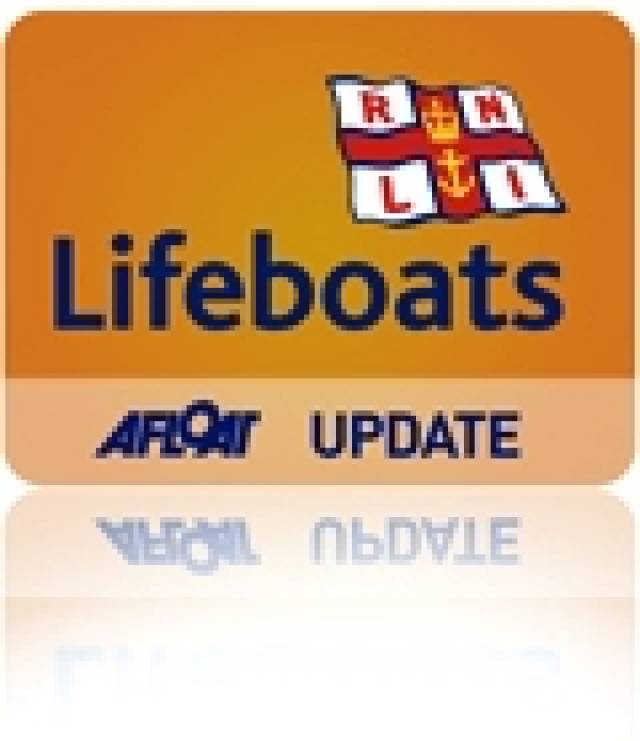#boatjumble – Portrush Boatowners Association is eagerly looking forward to the annual boat jumble at Portrush Harbour on Saturday 30th March 2013.
The boat jumble which is usually held in October was rescheduled to Easter Saturday, so that visitors to Portrush could enjoy the event, which combines a gathering of the local boatowners raising funds for charity and a bit of banter and craic. The Charities benefitting this year are Chest Heart and Stroke and Portrush Lifeboat Station.
The jumble takes place on the North Pier and consists of stalls and car boots selling all things nautical and maybe not so nautical. It gives boatowners a chance to buy boating paraphanalia as well as maybe the odd boat up for grabs.
The local Coastguard will be on hand to give Sea Safety advice and the Portrush Lifeboat will hopefully be alongside side with her crew, which offers an excellent opportunity to have a tour of the lifeboat and ask the crew questions about how she works.
Also this year the Association have asked local men Andy McClelland and John Lynn to come along with their boats.
John is planning to sail solo from Islay to Portrush in his laser dinghy retracing the steps of his late father Robert who made the same journey on a windsurfer. John will also be raising funds for Portrush Lifeboat Station.
Local Lifeboat crew member and Junior World Kayaking Champion Andy McClelland wil be kayaking 22 miles across the Irish Sea in May in aid of kidney research, Alzheimers Society and the regional respiratory Belfast City Hospital.
There will be an opportunity to talk to both John and Andy about their plans.
Charlie Grossie Chair of the Portrush Boatowners Association commented:-
'"The Association is yet again proud to be able run the Boat Jumble in support of the RNLI and the NI Chest Heart and Stroke charities. We are hoping for good weather and good turn on the day. We look forward to being able to make a healthy donation in support of both charities".
The Boat Jumble starts at 10am to 3pm on 30th March 2013. Stalls/Cars caost £25 and entry fee is £3 for adults, children get in free.
































































